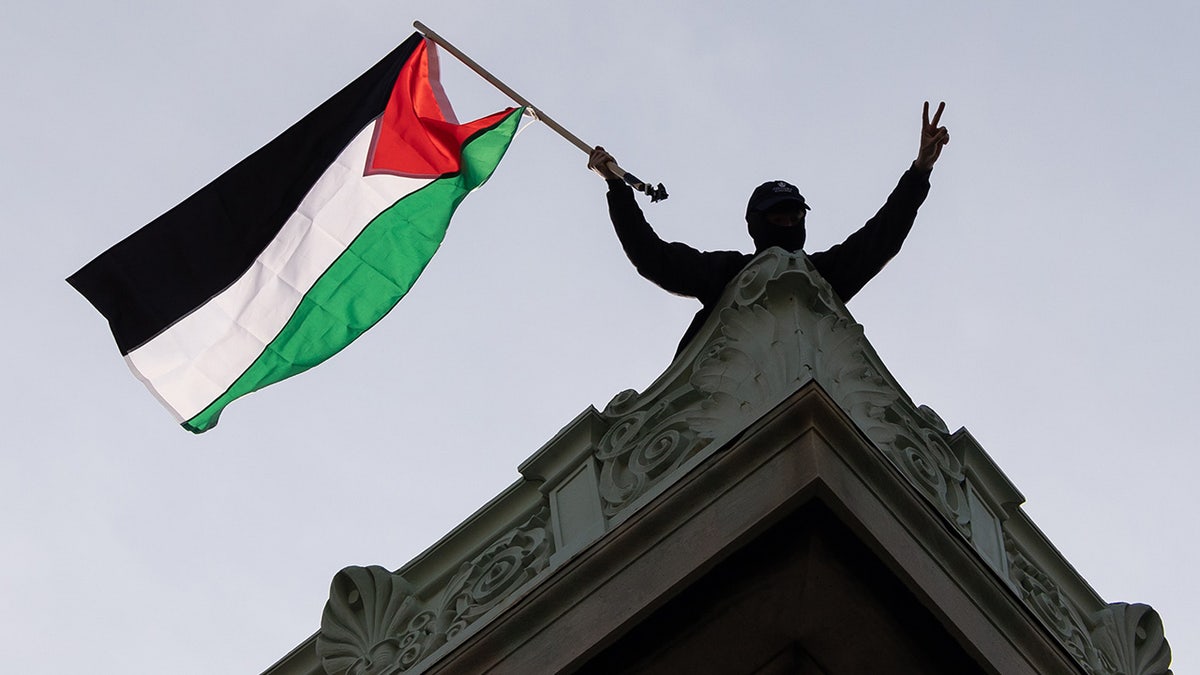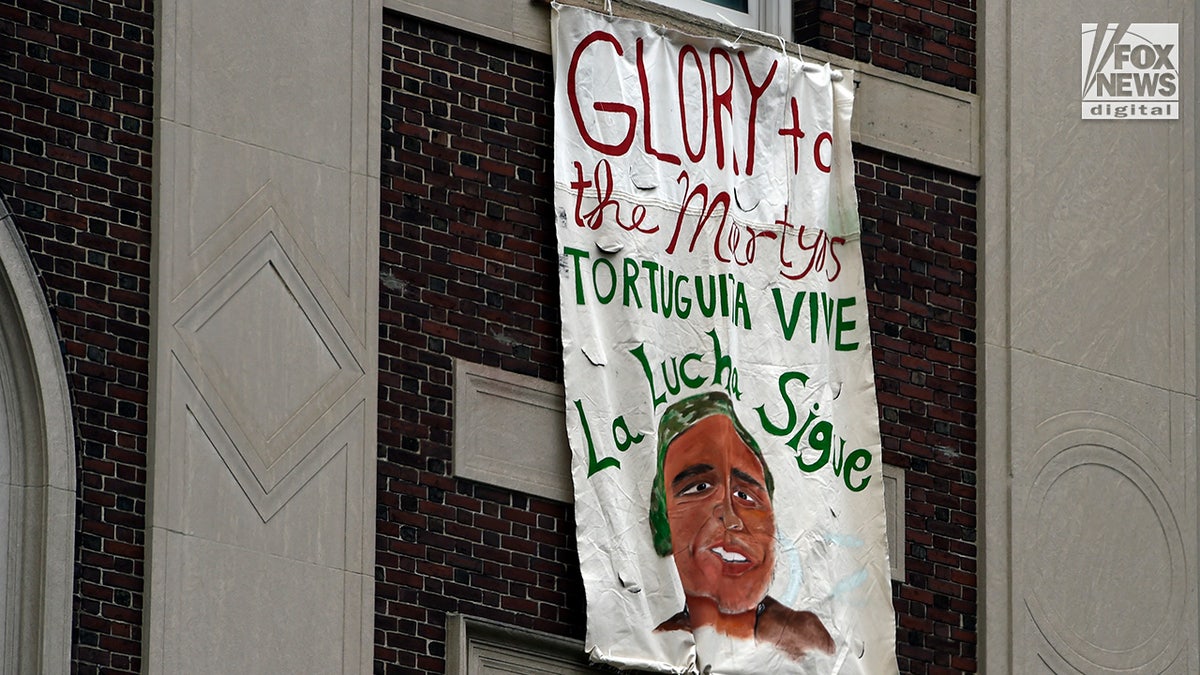On the first day of an Israeli history class at Columbia University, masked protesters disrupted the session, distributing antisemitic literature and interrupting the professor's introduction. The protesters, wearing keffiyehs, entered the classroom while recording themselves and accused the university of "normalizing genocide." They handed out fliers depicting a boot crushing a Star of David and what seemed to be a Hamas militant waving a burning Israeli flag, along with messages such as "The enemy will not survive tomorrow" and "Burn Zionism to the ground." Professor Avi Shilon, the course instructor, attempted to restore order and invited the protesters to participate in a constructive dialogue, but they declined.

One student present, Lisha Baker, a junior majoring in Middle East Studies, expressed enthusiasm for Professor Shilon's course, highlighting it as the only one on the subject not taught by faculty perceived as openly anti-Israel or antisemitic. Eden Yadegar, president of Columbia Students Supporting Israel and a plaintiff in a Title VI discrimination lawsuit against the university, emphasized the importance of Shilon's class for providing much-needed ideological diversity. She pointed to other professors at Columbia who have allegedly praised Hamas attacks, contrasting their views with Professor Shilon's approach. Professor Shilon, whose parents immigrated to Israel from Baghdad, explained that his initial reaction was to address the protesters in Arabic, mistaking them for Hamas members due to their appearance. He expressed shock at the incident, describing it as an invasion of his academic space. He emphasized his commitment to presenting both sides of the Israeli-Palestinian conflict objectively in his course. Baker suggested that the protesters' actions stemmed from an insecurity in their own perspective and a desire to suppress intellectual discourse on the topic. Columbia University has faced previous allegations of antisemitism and experienced campus disruptions related to the Israeli-Palestinian conflict, including the takeover of Hamilton Hall earlier in the year. Following this latest incident, the university condemned the disruption and the violent imagery in the fliers. Professor Shilon declined the university's offer for security guards in his classroom. Yadegar expressed skepticism about meaningful change, emphasizing the need for actions to back up the university's statements. Both Shilon and Yadegar called on the university to take proactive measures to prevent future incidents.

Comments(0)
Top Comments